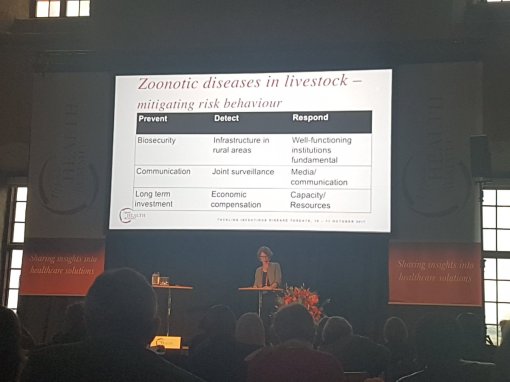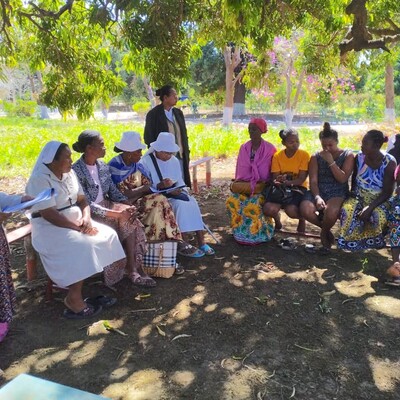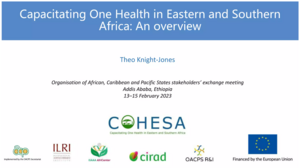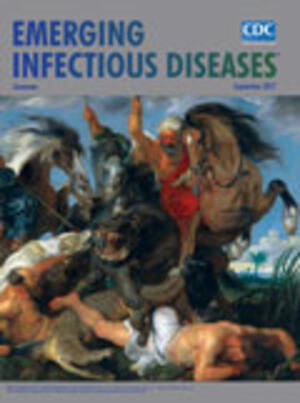
Behaviour change and biosciences necessary to tackle infectious zoonotic diseases – Uppsala Health Summit
CGIAR Research Program on Livestock
Research shows that six out of 10 emerging human infectious diseases are zoonoses. Thirteen zoonotic diseases sicken over 2 billion people and they kill 2.2 million each year, mostly in developing countries. Poor people are more exposed to zoonoses because of their greater contact with animals, less hygienic environments, lack of knowledge on hazards, and lack of access to healthcare. 80% of the burden of these zoonotic diseases thus falls on people in low and middle income countries.
A workshop at last week’s Uppsala Health Summit zoomed in on zoonotic diseases in livestock and ways to mitigate risk behaviour associated with their emergence and spread. Critical roles and behaviours of people and institutions in preventing, detecting and responding to zoonotic livestock diseases were identified – as well as necessary changes and incentives so we are well-prepared for infections long before they reach people.
These zoonotic infections…
View original post 1,246 more words





















